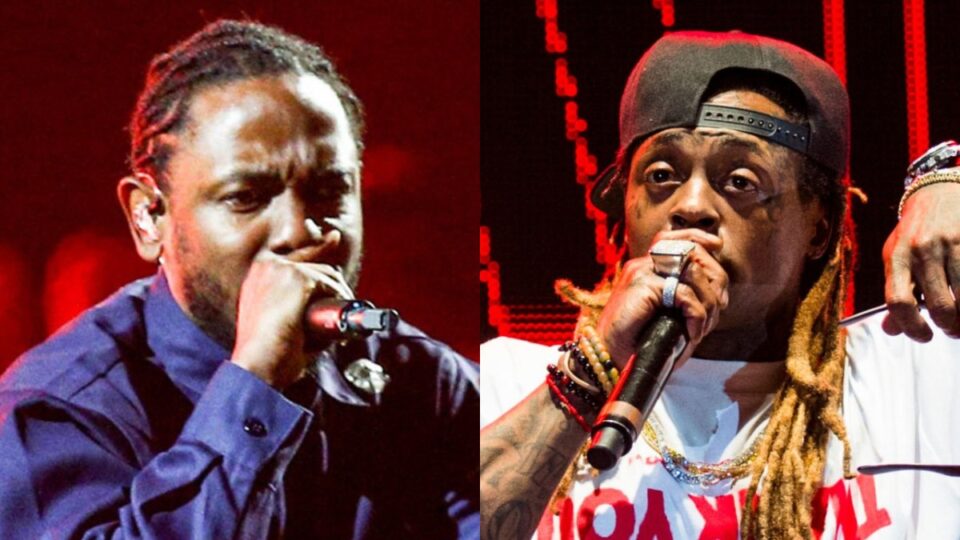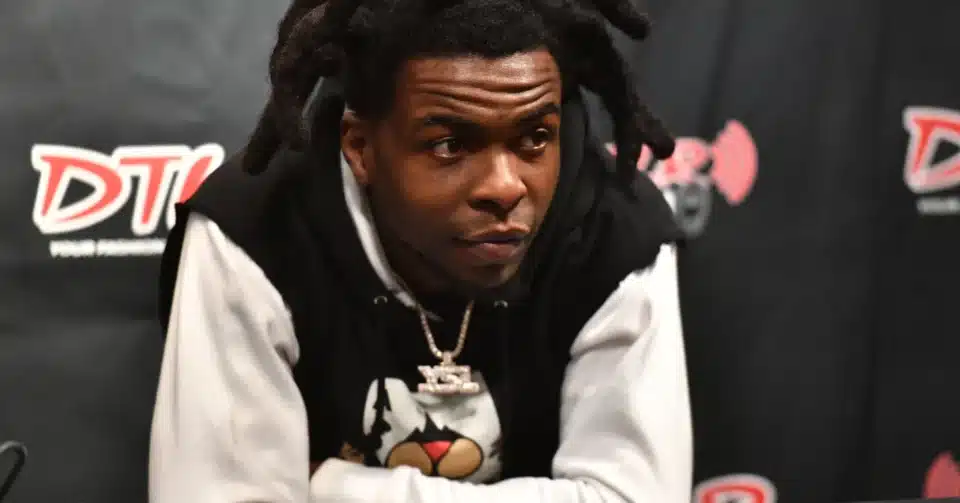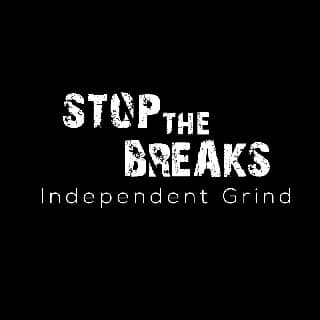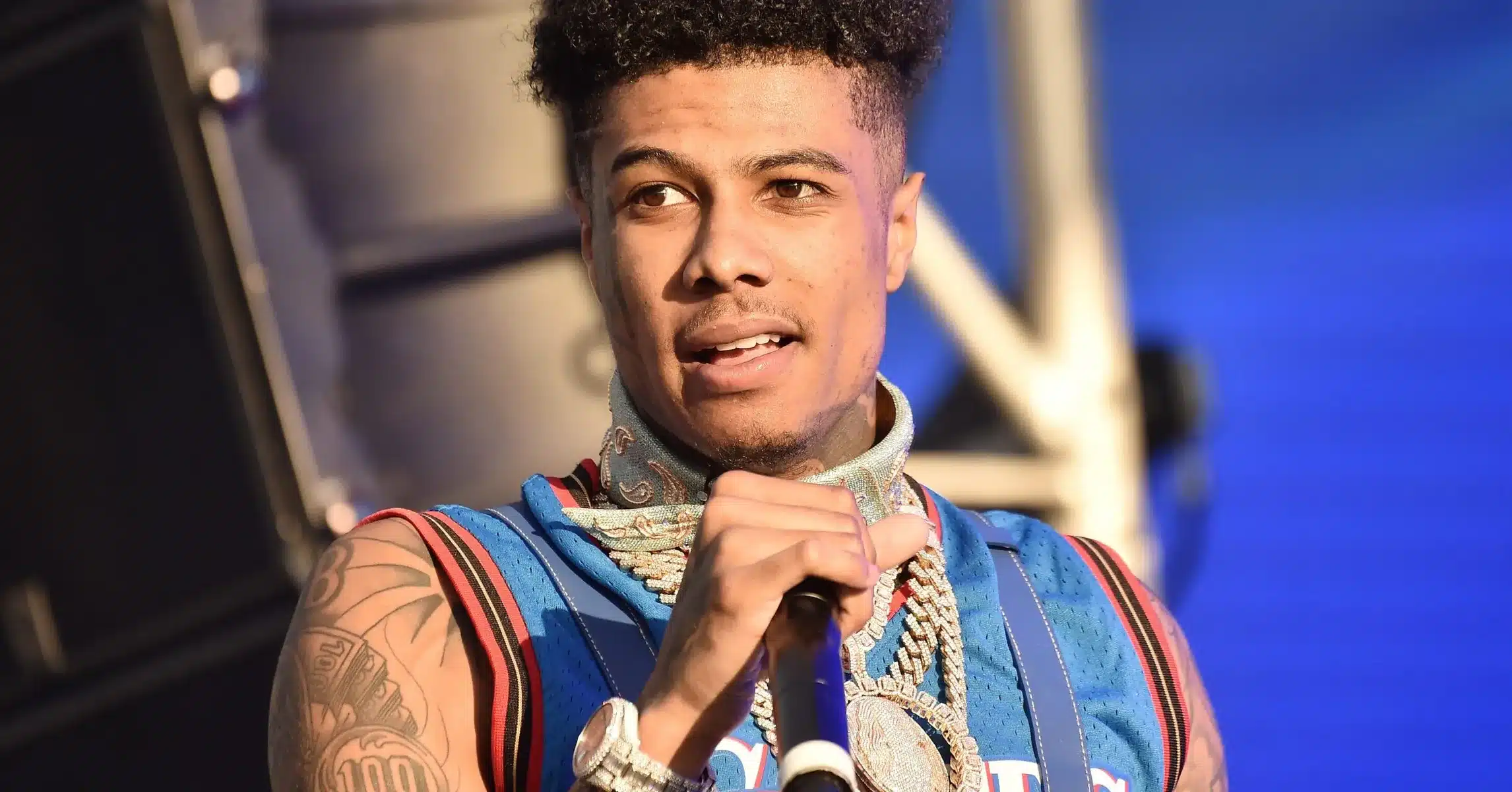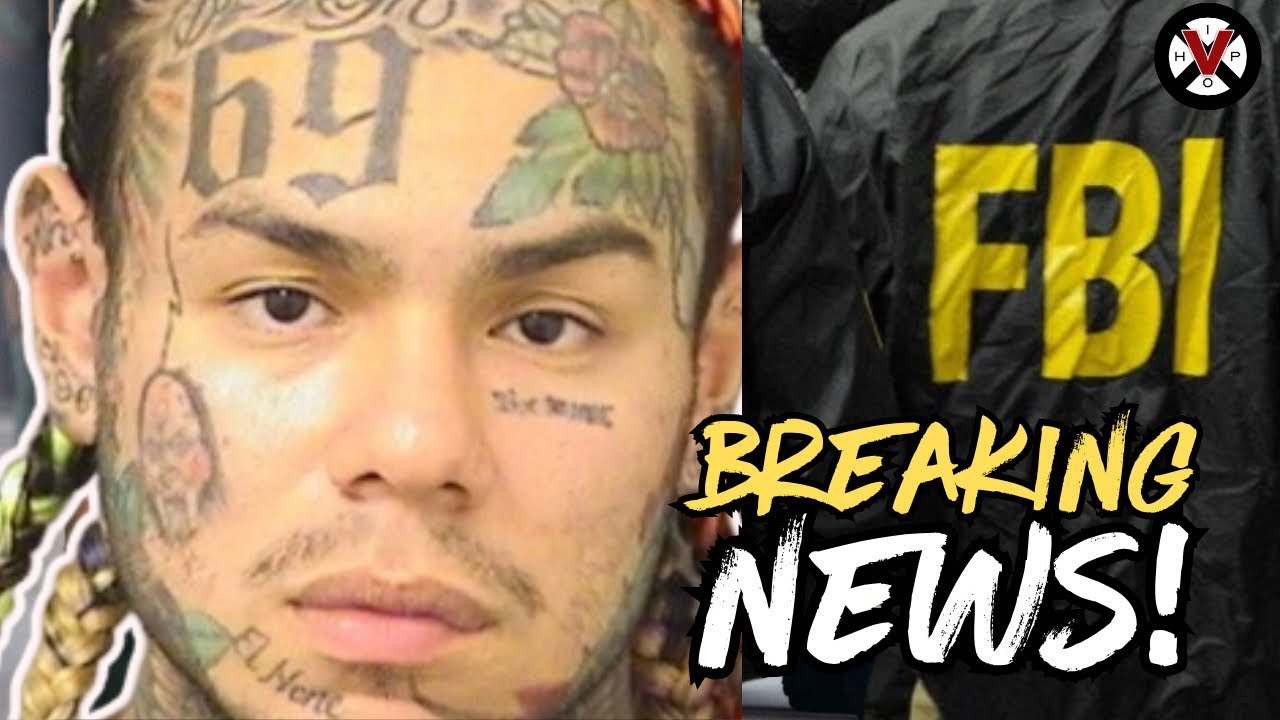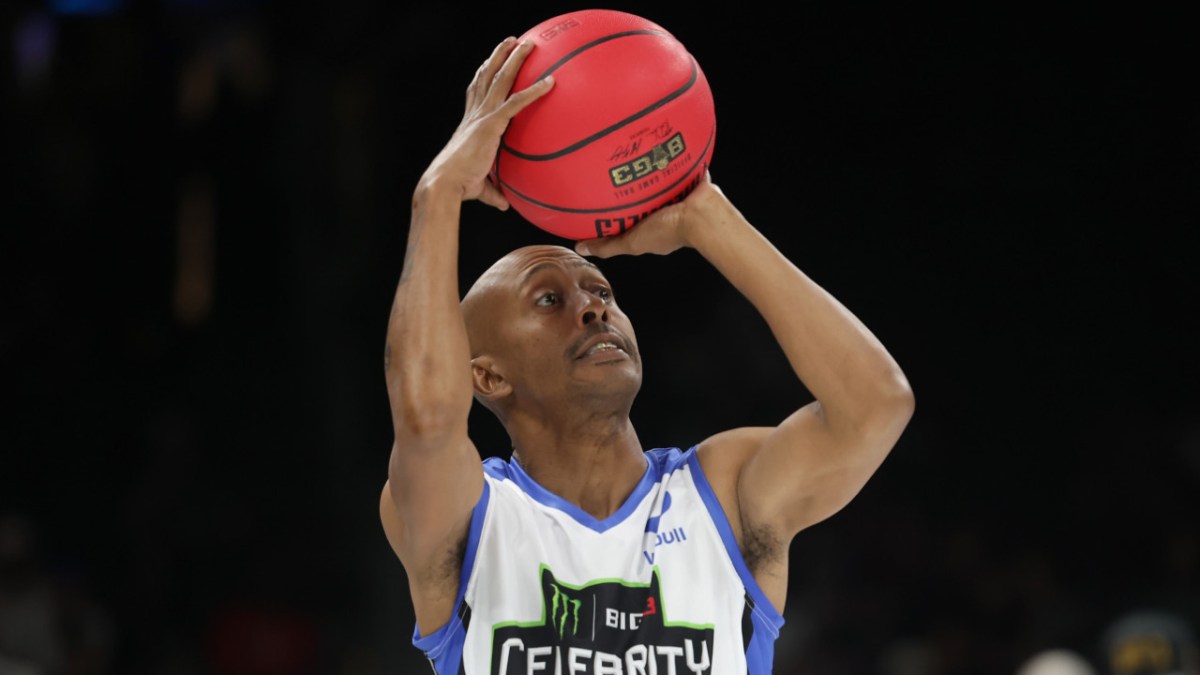In a whirlwind of drama, allegations have surfaced claiming that the rivalry between rap titans Drake and Kendrick Lamar might have more behind-the-scenes elements than meets the eye. At the center of this storm is a heated debate involving streaming numbers, alleged industry manipulation, and legal saber-rattling.
Drake’s team has stirred things up by suggesting that Kendrick’s recent streaming success was not entirely organic. According to allegations, Universal Music Group (UMG) and Spotify might have had a role in boosting Kendrick’s numbers through less-than-transparent methods. This comes with the claim that in 2023, Spotify paid over $2 billion to UMG, which reflects how intertwined their business interests are.
The accusations don’t stop there. Drake’s camp points fingers at UMG for purportedly striking a deal with Spotify to promote Kendrick’s track ‘Not Like Us.’ They claim a 30% discount was given to Spotify to ensure the song reached a wider audience, raising suspicions of playlist manipulation. However, the allegations reach a fever pitch when a hacker reportedly disclosed to DJ Akademiks that Kendrick’s management paid him to artificially inflate streaming counts, a claim that remains unproven.
Interestingly, there’s another layer involving Apple’s Siri, where Drake’s team contends that requests for “Certified Lover Boy” were redirected to Kendrick’s track instead. Such claims, whether true or not, illustrate the competitive nature of the music industry, where every play and every stream can significantly impact an artist’s standing.
Moreover, the conflict escalates as Drake embarks on a legal crusade, accusing UMG of allowing Kendrick’s song, which purportedly attacks Drake’s character, to proliferate without restraint. This legal action suggests that Drake feels personally and professionally harmed by the potent diss track.
Kendrick, on the other hand, is not backing down. He has continued his lyrical onslaught, taking shots not only at Drake but also at others in the industry, including Lil Wayne. The stakes rose further when Kendrick announced a surprise album drop, which many interpreted as a strategic move to overshadow Drake’s legal efforts.
Adding another twist, rumors suggest Drake might be attempting to use this legal battle as leverage to renegotiate his own contract with UMG, a deal allegedly worth $400 million. Some believe Drake is seeking independence, hoping to escape the constraints of his existing record label.
Meanwhile, as the drama unfolded, Drake launched a tour in Australia and New Zealand, coinciding with Kendrick’s performance at the Super Bowl. Fans speculate this might be a strategic attempt to draw attention away from Kendrick’s high-profile gig. But whether this will succeed remains to be seen.
Finally, as dust settles from these initial moves, the rap community is left pondering the potential ramifications. Should Drake’s legal efforts bear fruit, it could herald a seismic shift in the way record labels manage and release diss tracks in the future.
This entire spectacle sheds light on the larger dynamics within the music industry, where power, influence, and creative control are constantly in flux. The outcome of this rivalry could reshape not just careers but also industry standards, potentially altering how artists and labels interact.
The Drake and Kendrick feud transcends music, merging legal, commercial, and personal battles. While both artists continue to retaliate through varied channels, the future of their artistic and professional landscapes remains uncertain. This clash not only entertains but also highlights deeper industry issues that could significantly influence rap’s future.

